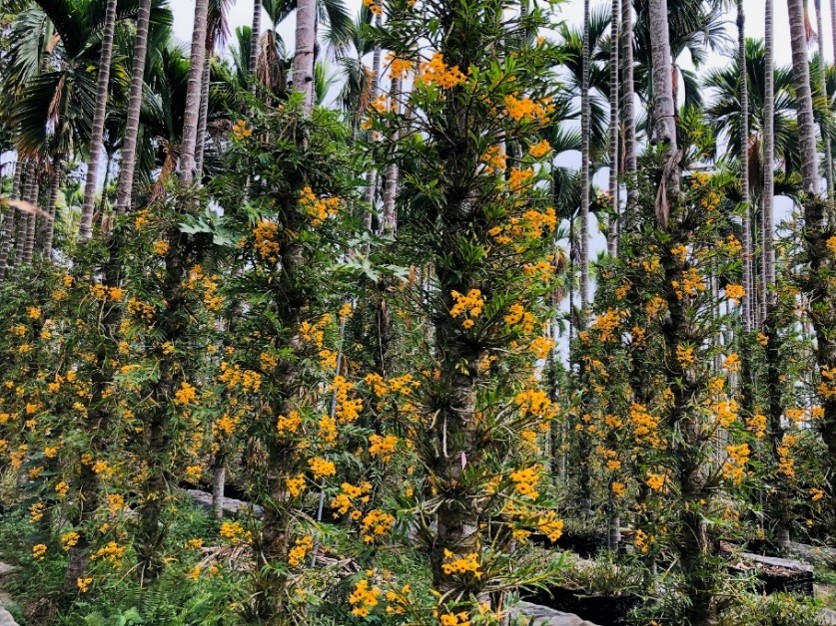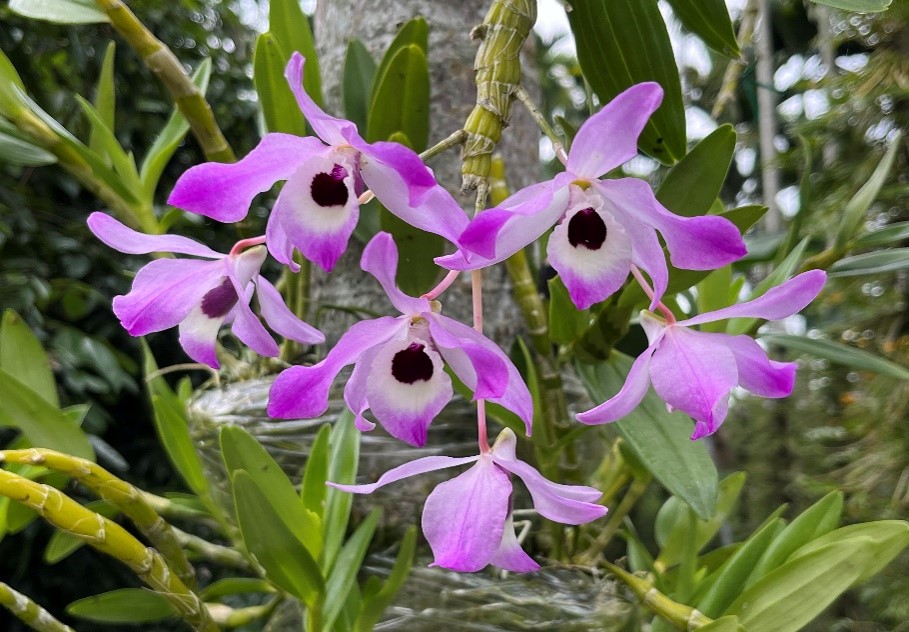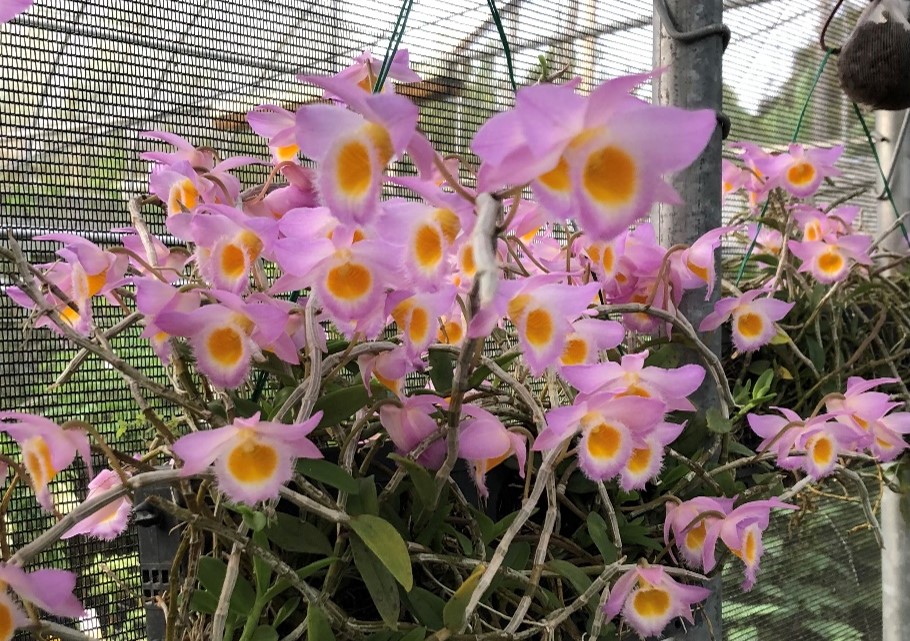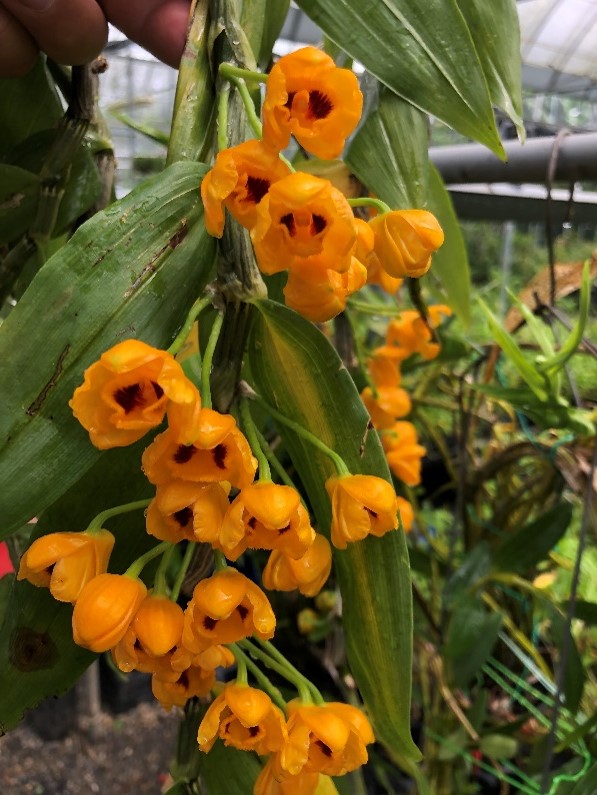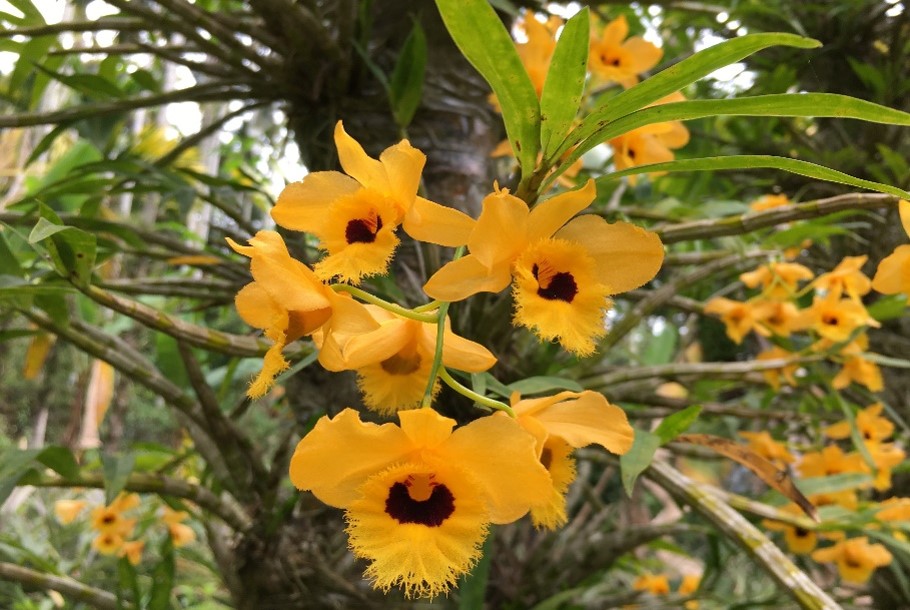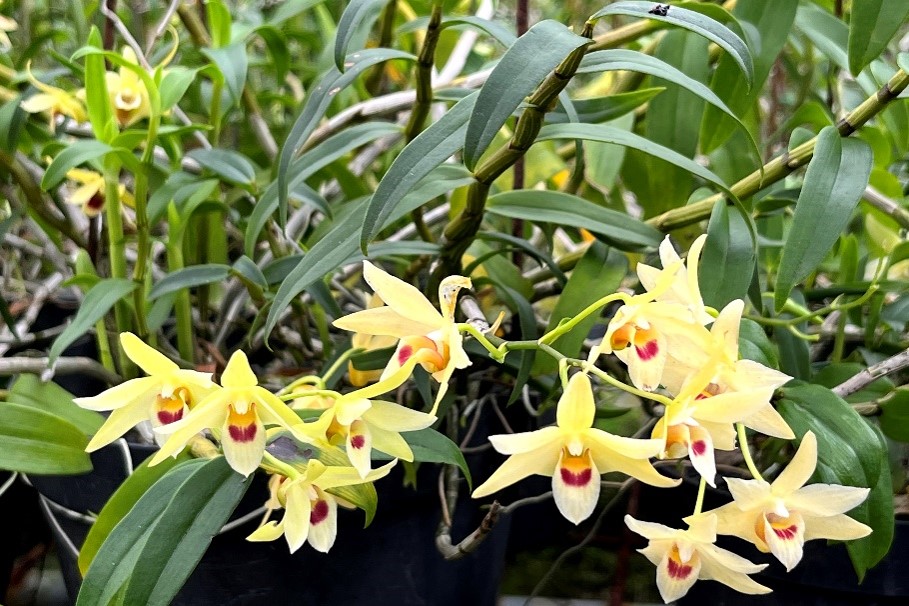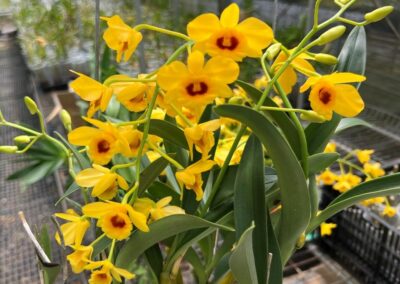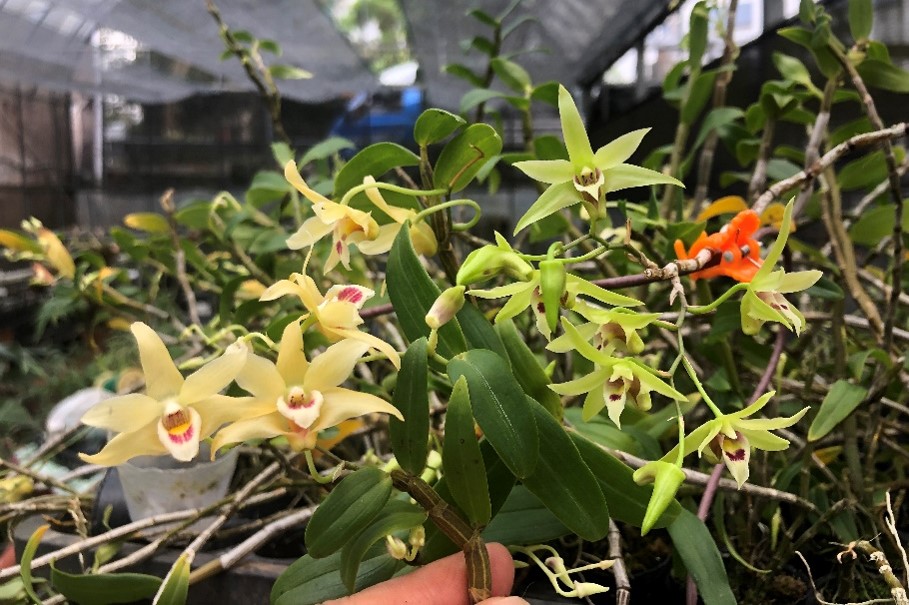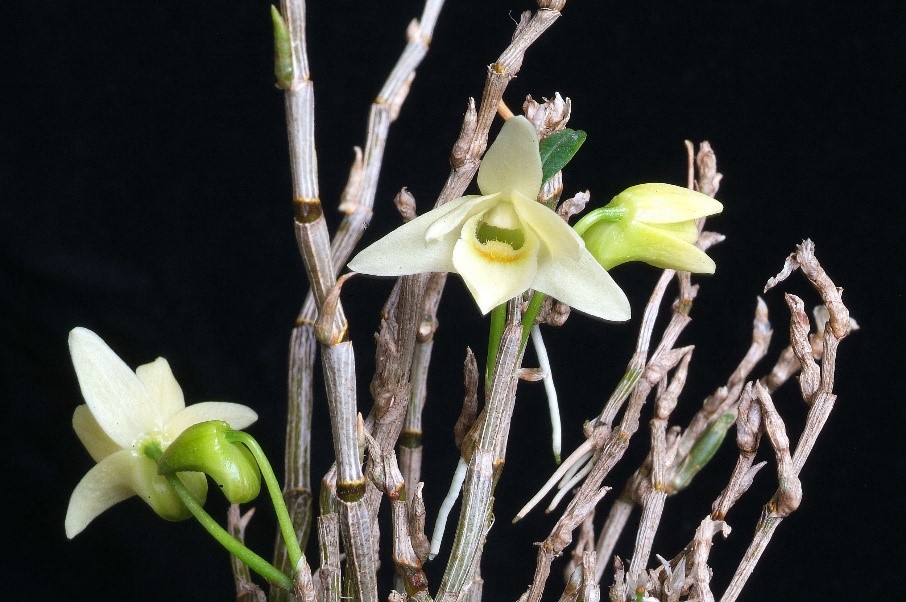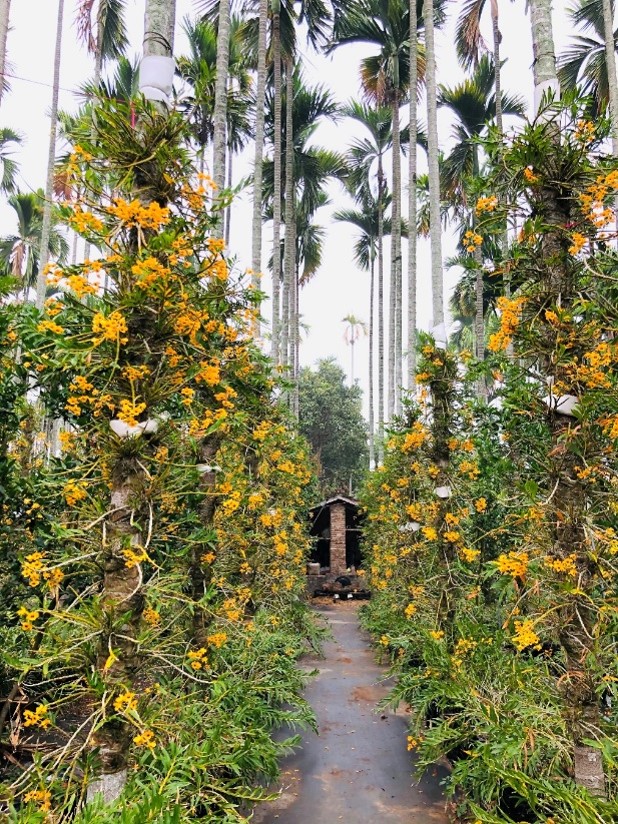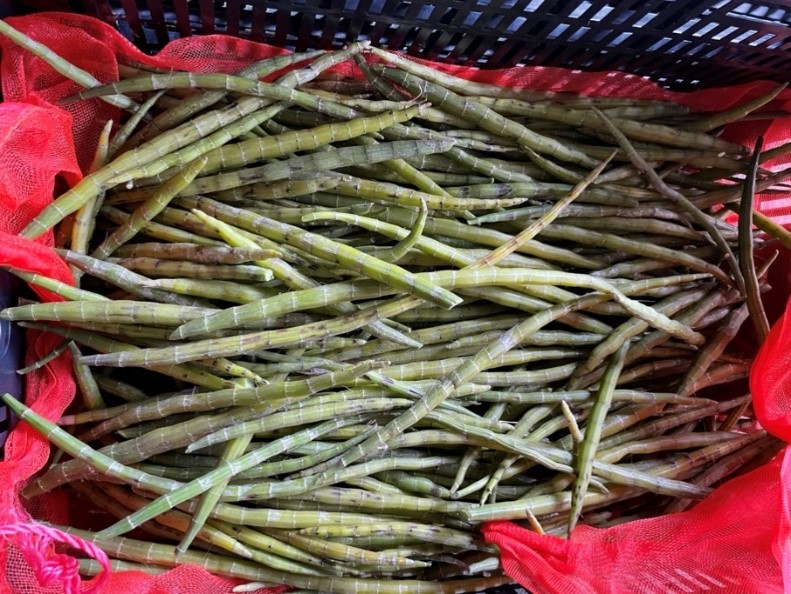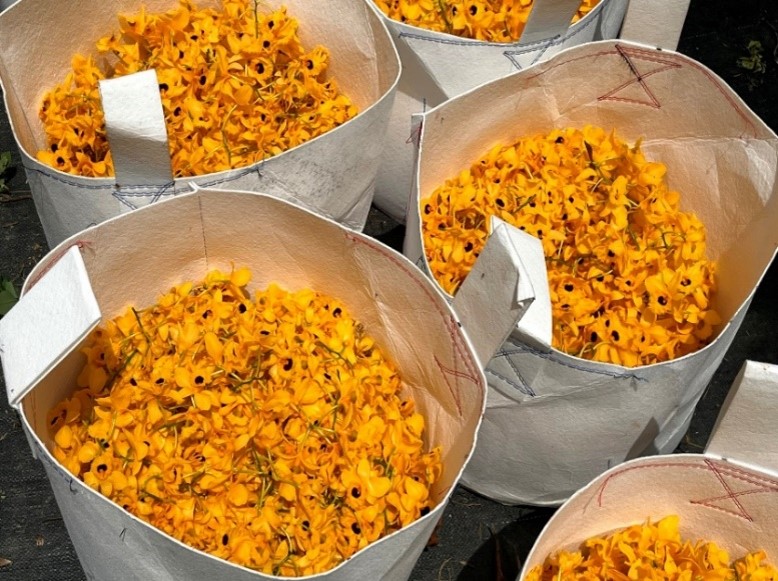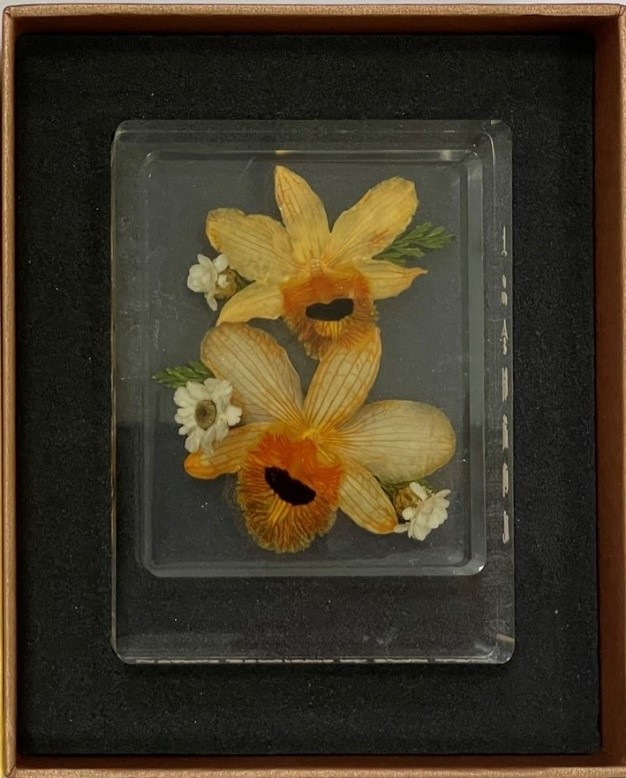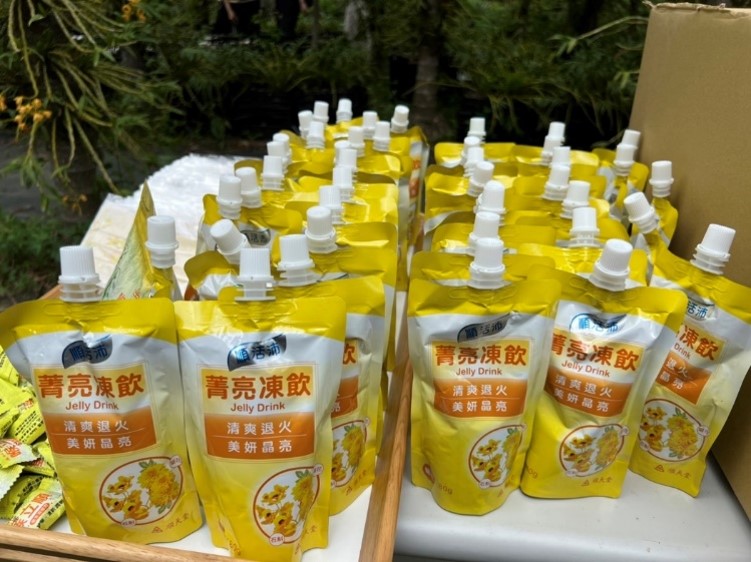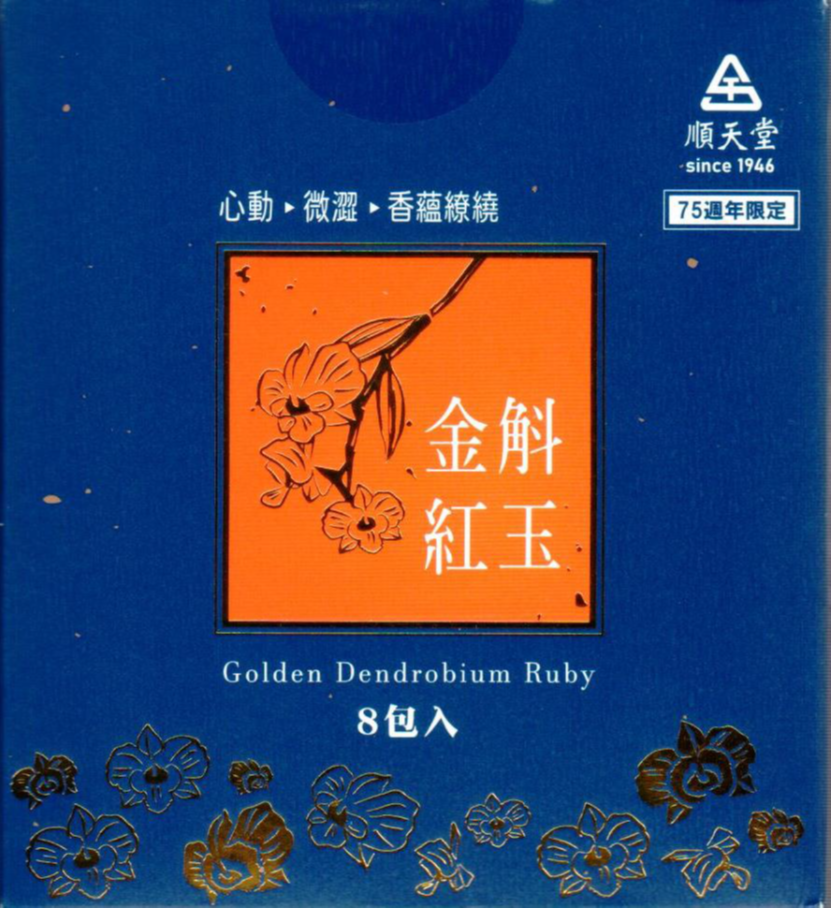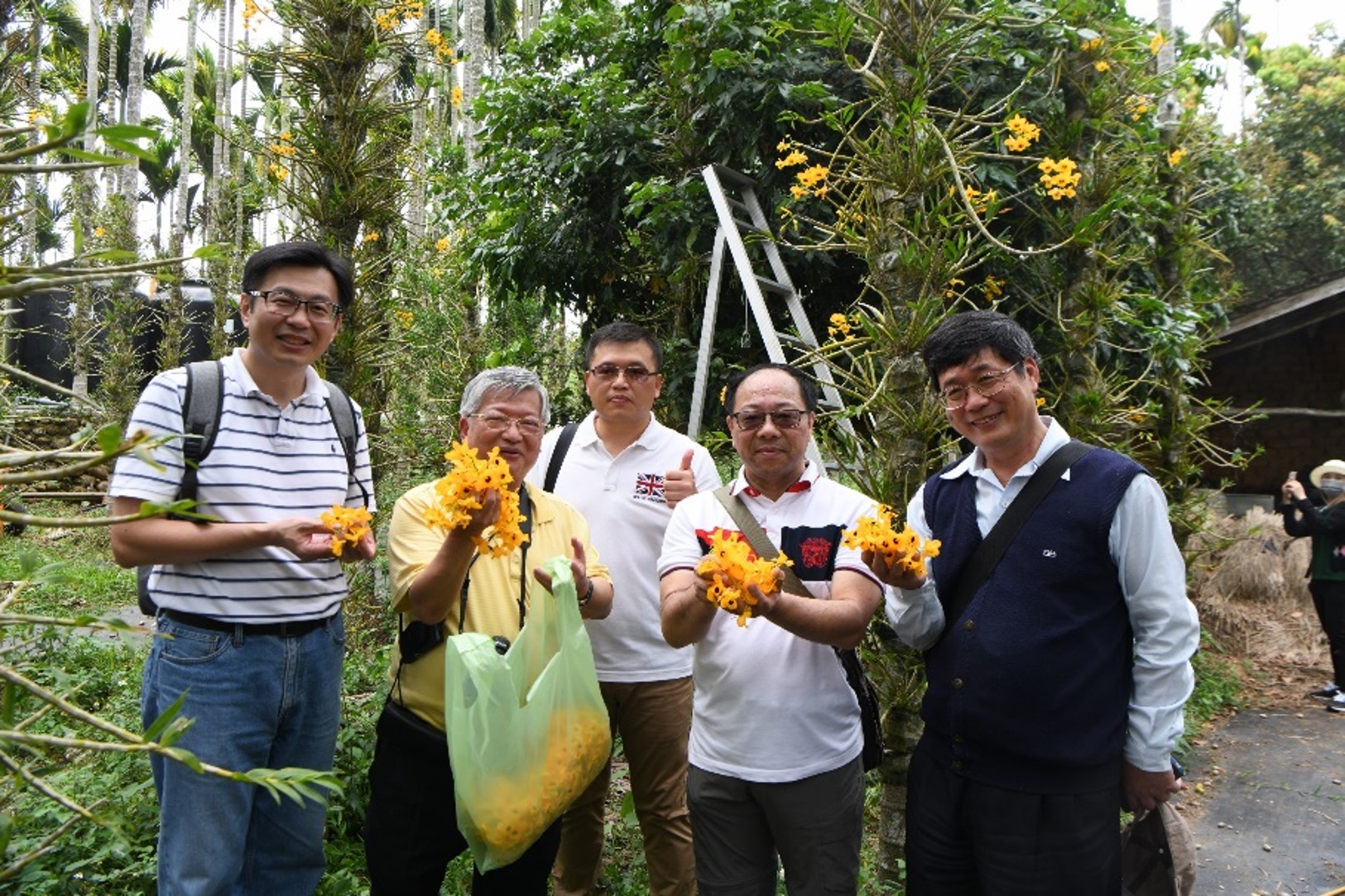Hong-Rong Yen (1), Yuan-Shiun Chang (1), Jui-Yu Hsieh (2), Wu-Chang Chuang (3), Chao-Ling Kuo (1), and Yu-Ling Ho (4)
- College of Chinese Medicine, China Medical University, Taichung, Taiwan
- Taiwan Fong-Man Farm, Nantou, Taiwan
- Sun Ten TCM Pharmaceutical Company, Taipei, Taiwan
- Hungkung University, Taichung, Taiwan
- Dendrobii Caulis (Shih Hu) is the fresh or dried stems of Dendrobium nobile Lindl., Dendrobium loddigesii Rolfe., Dendrobium chrysanthum Wall. ex Lindl., Dendrobium fimbriatum Hook., Dendrobium officinale Kimura & Migo, Dendrobium chrysotoxum Lindl. or Dendrobium tosaense Makino, Dendrobium huoshanense C. Z. Tang et S. J. Cheng and closely related Dendrobium species of Orchidaceae family as described in the 4th Taiwan Herbal Pharmacopeia and Chinese Pharmacopeia, 2020 (Fig. 1 – Fig. 8). It is a rare and precious TCM herbs, it is used to nourish yin, clear heat, supplement stomach, engender fluid. It can be applied to consumption of body fluid caused by febrile disease, vexation with low fever, red tongue and less moss, deficiency of stomach yin, thirst and dry throat, hiccup and lack of food intake, abdominal dull pain, deficiency of kidney yin and blur vision, etc.
- In Taiwan, most of the Dendrobii Caulis were imported from China. Starting in 2013, Sun Ten Pharmaceutical Company in Taiwan started to grow D. fimbriatum Hook.in Mingjian, Nantou. Traditionally, the Dendrobium are cultivated in pots with coconut coirs. Sun Ten tried to grow D. fimbriatum on betel nut trees (Areca catechu L.). (Fig. 9 – Fig. 10)
- In Taiwan, betel quid chewing was very popular in the past. With the huge demand, betel nut tree even became one of the most important economic crops in Taiwan. However, the upsurge of betel nut planting caused problems with soil and water conservation on the hillside land. It was also found that betel quid chewing significantly enhanced its potential to cause cancer. The Taiwanese government eventually began to curb its cultivation, use and commerce.
- As the betel nut tree may grow with solitary stem as high as 20 – 30 m without branching. It provides a very good condition for the cultivation of D. fimbriatum. It provides uniform lighting, large growth space, access to rainwater and dew, easy planting and water and nutrient management for the Dendrobium. It constructs a 3D three-dimensional cultivation to increase the yield per unit area of Dendrobium, with betel nut fruits grow on top of the tree, Dendrobium grow in the middle of the tree and basket planting of Dendrobium or other species in the bottom. It provides same quality of Dendrobium collected and make the production of Dendrobium sustainably to avoid damage to wild resources.
- Initially, they started to cultivate Dendrobium from seedling produced from tissue culture, and later with high buds production as well. The current cultivation area is around 5 acres with annual production of 5 tons of fresh Dendrobium stems. They expect to increase the production of wet Dendrobium up to 15 to 20 tons in 2025. Besides using the stems (Fig. 11) in TCM, the company tried to develop the flowers (Fig. 12) and stems of Dendrobium as souvenir (Fig. 13), common drink and other health food related products (Fig. 14 – Fig. 16). Lastly, the authors visited the Dendrobium farm in April 2020. (Fig. 17)
